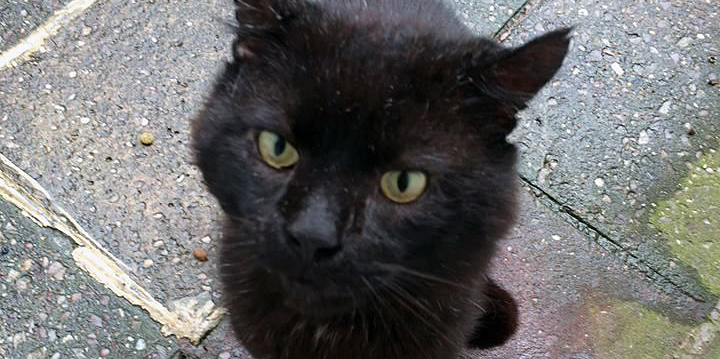
It seems just like any other ordinary day, when Wham! My father suddenly ends up in the hospital – seriously anemic. As soon as he is doing better and things begin to feel normal again, Wham! My sister gets thrown while white-water rafting in Thailand, cracks her helmeted head into a rock and suffers serious head trauma.
While each of us spins in familiar orbit around the objects of our personal universe, we forget that from time to time an errant meteor of illness or tragedy will crater into us, gouging our fragile surface, tossing debris across everything, altering the trajectory of our lives. Wham! The powerful gravity of such situations shifts and affects everything within proximity.
We all get whammed, and when it happens our world tilts on its axis and begins to wobble. Familiar things seem strangely different, dreamlike, as if our eyes have opened for the very first time, making it difficult to recognize and relate to things as we have before. Feelings wash through us, strong currents in a highly emotional stream of consciousness, churning silt and sediment of thought. Time and space appear distorted as the comfortable symmetry of our lives is broken.
In human terms, chaos is the natural, groundless state-of-being, within which we construct and fabricate an orderly personal universe of seeming permanence and solidity. It is a continuous succession of whams, between which we relapse into easy habits of forgetfulness and comfort. In the continuity of this impermanent state of being, we naturally express our essential human nature – such as forming attachments, finding love, establishing community – our psychic and emotional response to uncertainty. Despite our differences, disagreements, opinions and beliefs, we are all in it together, rowing our boats gently down the stream. At some deep primordial level we have an awareness of and appreciation for the profound unity of our shared experience.
Right in the middle of my lowest low, dwelling on the prospect of my father’s decline and the possible long-term health effects of my sister’s unfortunate accident, a painfully thin stray cat wandered into our backyard while I sat contemplating chaos. She approached and rubbed her black boney head against my leg, looked up and ever so perfectly cat-like, said “meow.” Reaching down, I scratched behind her ears and under her chin. She purred. Just skin and bones – I fed her, of course. And of course, just as in the folk song, the cat came back.
After daily visits and many weeks of canned Fancy Feast and dry food, she looks much better. Her black coat is now shiny and thick, and her bones rest more comfortably under softer lines and a growing layer of winter fat. I find myself waiting for her to appear, afraid she won’t. Sometimes she disappears for days and I worry about her; when she finally arrives again, everything seems lighter. I feel that in some odd but completely proper way her timely arrival was connected to my sadness.
We cannot prevent chaos nor control the universe – we are, after all, just tiny beings made of yet tinier parts, spinning in infinite energy-filled space. Yet, we can feed and care for another being for a while, bringing comfort, and we may receive some in return, and within that simple act find an antidote to Wham.